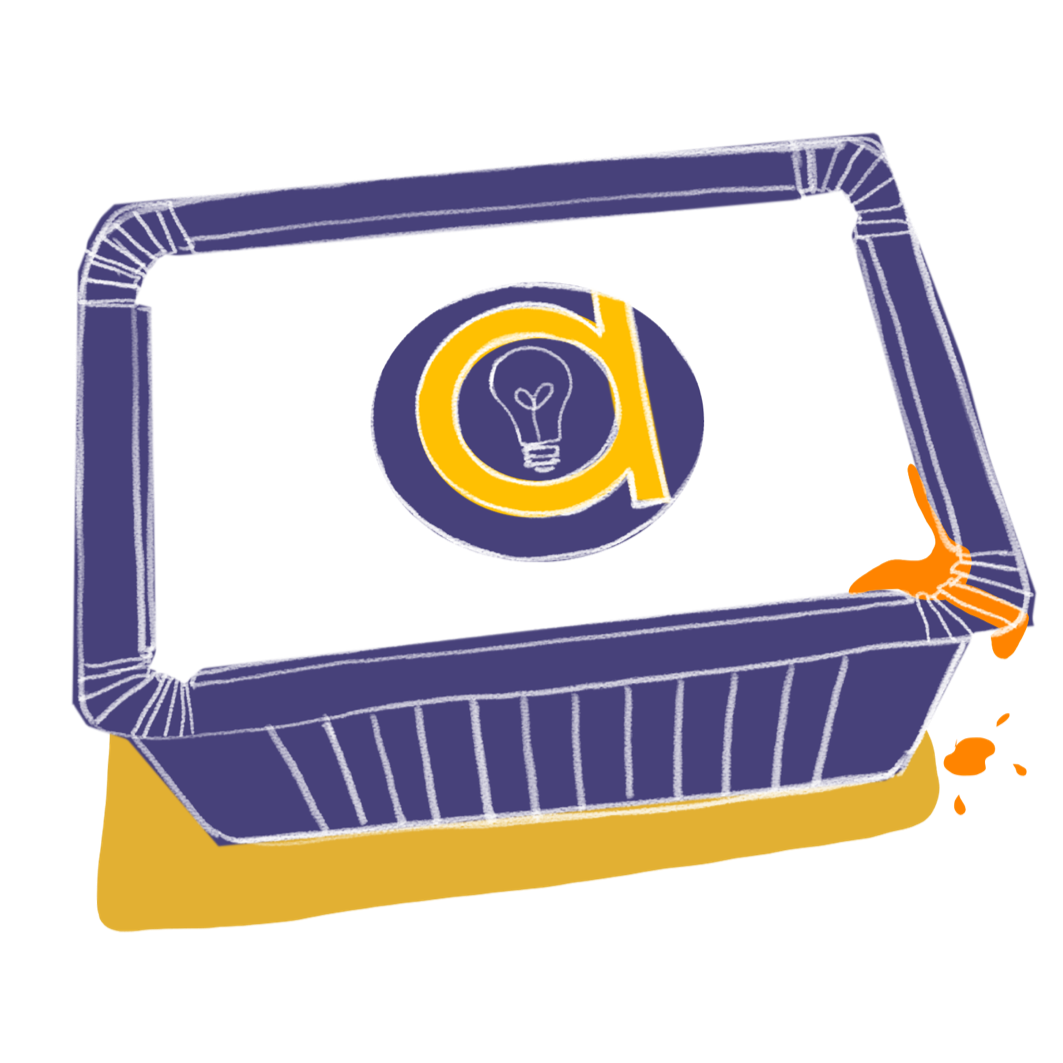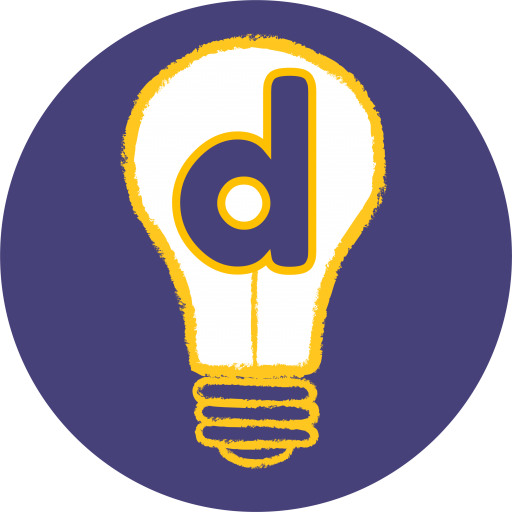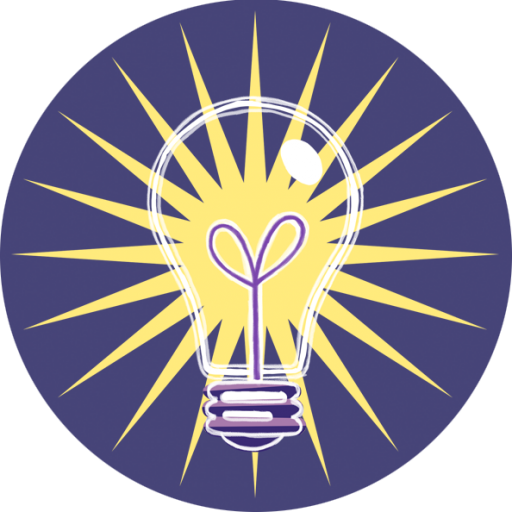To what extent is it an educator’s responsibility to be not just technologically literate, but exceptional?
This question formed the basis of our first weekly Soap Box debate in the Creative Educators community. The debate began by examining the digital tools we currently have available to support teaching and learning. While you could certainly be forgiven for thinking that there are more than enough tools out there, a valid point was made in that many of the tools we use are not designed specifically for teaching.
The joys of the LMS
This opened up a deep discussion on the role of the Learning Management System (LMS) in education. Despite the fact that many higher education providers will use either Blackboard, Moodle or Canvas, much has been written about why these systems are so underwhelming. You would expect that the design of these platforms would be based on extensive research into online learning, but it was pointed out that many of these systems fail to take account of the hugely diverse needs of all the people who will use it. Whereas user experience design strives to respond to factors such as the cultural backgrounds and prior knowledge of different groups of users, LMSs are often designed to be so generic that they fail to effectively meet the needs of any group.
Phil made the useful analogy that ‘nobody sets out to make a bad film’, and yet it repeatedly happens. While every decision can often be justified in isolation, the sum total of these decisions often produces a turkey. Perhaps the same is true of an LMS – the development requires such a huge amount of time, money and resource that issues become difficult to correct. And yet this same problem doesn’t seem to affect other huge tech platforms that are continuously responding to the changing needs of their users.
Another key problem lies in the capitalist obsession with innovation. The drive for technology companies to regularly provide updated products and services that they can sell to their existing customers can often work against good design principles – i.e. don’t change things that are working. Zoom is a good example of a platform that gets this very right: it’s simple to use, yet it focuses on the quality of the interaction by prioritising consistent audio and video over tons of features.
The agony of choice
Anyway, having gone down a rabbit hole with LMS, the discussion returned to the responsibility of educators to upskill themselves and the issue of choice. Given the increasing evidence that university students want a more personalised learning experience (which isn’t surprising given how much they’re paying), surely tutors should have more choice over the digital platforms they can use to support learning? This raises two problems. Firstly, universities are often paralysed by fear of GDPR with the result that educators are often prevented from using technologies that are not ‘officially’ provided by the institution. And secondly, how can educators (or anyone else, for that matter) possibly keep up with the huge range of digital platforms that could be used to support learning?
I had started off this debate holding the pragmatic position that probably ‘good enough is good enough’ – in other words, as long as educators have just enough digital literacies to support their students then this should probably be sufficient. But the final section of the debate led me to change my mind, at least if we’re serious about equipping educators with the knowledge and skills to thrive in a blended environment.
Educators need to:
- Understand the needs of students, which requires a highly developed sense of empathy and the ability to ask effective questions;
- Know a sufficiently large range of digital tools to enable them to make an informed decision about the most appropriate combination for a given group of students or programme of learning;
- Have the ability and the confidence to explore, test and evaluate potential tools;
- Appreciate how these tools can impact specific aspects of learning (e.g. collaboration, reflection, creation)
- Be able to navigate institutional policies around GDPR, IT, intellectual property etc.
At this point I was beginning to despair, but fortunately Phil came to the rescue. He reminded me that in some of the workshops we delivered during the pandemic, the single most important factor in getting educators on board with digital technologies was enabling them to feel a sense of ownership. As soon as they realised their Zoom room, or their blog, was theirs, it transformed their approach to using it.
So to answer the original question, it would seem that educators may need to place greater emphasis on the need to develop their digital literacies. But a key aspect of the question is ‘personal responsibility’. Research over the last 12 months has shown how many educators felt unsupported by their institutions regarding digital technologies. Now, more than ever, universities need to be thinking about how they adapt policies and processes to incorporate and develop the many digital skills that educators have learned through the pandemic.
A big thank you to Rachel James for suggesting such a great question to kick off the Soap Box debates, and to Angeliki Tevekeli for generously sharing her experience in UI and UX Design.
You might also like:
- Our free takeaway on how to create an online learning community – see below. Just enter your details and you’ll also receive super helpful insights on how to engage your customers and your students through creative learning design!
Why create an online learning community?
Download our free takeaway guide to find out
An online learning community is the secret sauce of awesome online learning.
Effective online learning communities can go a long way to replacing what has been lost through the more to online teaching.
But how do you create one? Our free takeaway guide reveals all…



